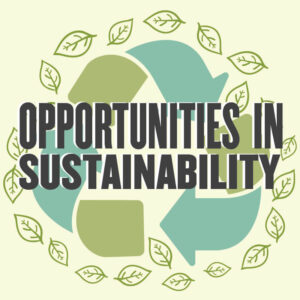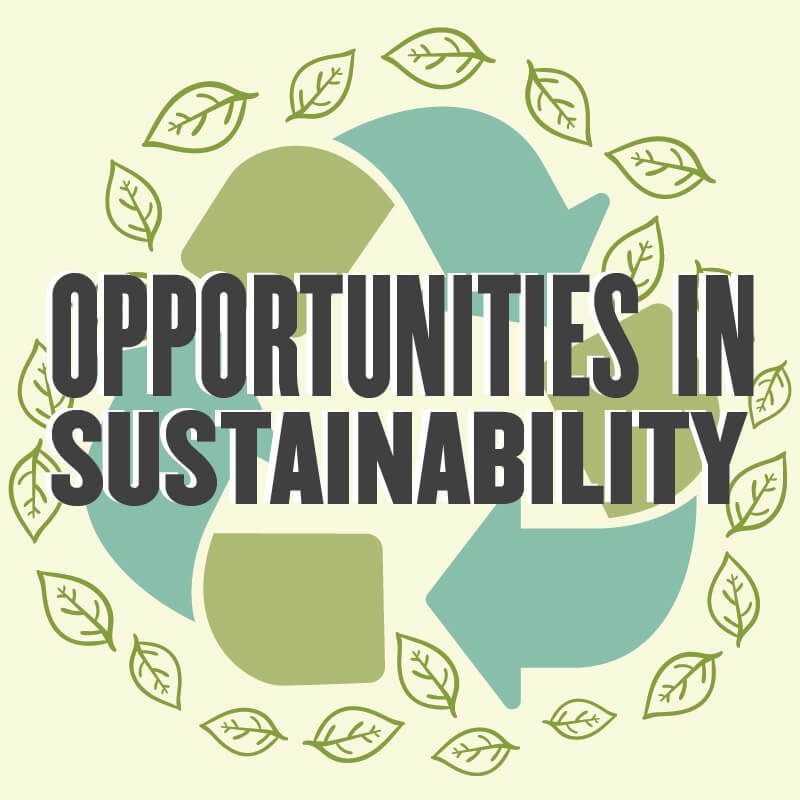Article
How do supermarkets and discounters communicate about sustainability? A comparative analysis of sustainability reports and in-store communication by Saber, M. and A. Weber.
Journal
International Journal of Retail & Distribution Management, 47(11):1181–1202. 2019.
Reviewer
Dr. Carson Reeling, Assistant Professor
Summary
Given their position between food producers and consumers, retailers are in a unique position to promote environmental sustainability in the food supply chain. Yet retailers may differ in how effectively they compile sustainability information about their products and operations and in how they report this information to customers and stakeholders within the company. This study examines sustainability reporting among ten German supermarkets and discount food retailers. Retailers are compared based on:
- Whether they collect sustainability information;
- The quality of sustainability reporting (are corporate sustainability reports easy to read with support from numerical data, figures and graphs?); and
- How well the retailer conveys sustainability information to consumers in the store.
The authors find considerable variation in which sustainability attributes each store tracks and reports. The supermarkets in their sample tend to perform better in collecting, reporting and promoting sustainability information among customers relative to discount retailers. Overall, however, the authors found no general relationship between the quality of sustainability reporting and the efficacy of in-store sustainability promotion. Few retailers presented sustainability information in concrete numerical terms, and the authors judged all stores to be rather ineffective at conveying sustainability information to consumers (for example, through product labels). Comparing sustainability reports across different companies was difficult because of inconsistent reporting and data standards.
What this means for Food and Agricultural Business
The fact that most of the retailers the authors examine published sustainability reports means these firms see some benefit from investing in sustainability. Yet these firms’ ineffectiveness in conveying this information to consumers at the point of sale means their interest in sustainability may be driven by cost savings. Are food retailers missing out on important opportunities to increase revenues as well?
A mountain of peer-reviewed research indicates consumers are increasingly willing to pay for sustainable food products.[1] Yet retailers’ apparent reluctance to take advantage of this reveals the benefits of conveying this information (greater revenues) may be outweighed by the costs (like new in-store signage and product labels and marketing campaigns). Indeed, conveying product sustainability information to consumers is difficult. Sustainability is a multifaceted term and consumers and producers may interpret it differently. Different consumers may also be willing to pay different amounts for various sustainability attributes in products,[2] making product pricing challenging. Finally, the inherent complexity of sustainability means consumers may require more information than can fit on a product label. The costs to consumers of assessing this information themselves is often high, and so sustainability labels may lack credibility — particularly given the wide variation in sustainability reporting and data standards identified by the study authors. Taken together, these obstacles to sustainability reporting by retailers may mean the costs outweigh the benefits.
This calculus may be changing, however. Several agribusiness firms have been investing in large-scale database services aimed at quantifying sustainability investments throughout the food supply chain. Examples include Land O’Lakes SUSTAIN,[3] Nutrien[4] and Syngenta.[5] In broad terms, these services:
- Track farm cultivation practices and conservation practice adoption at the field level;
- Estimate resulting changes in environmental quality (e.g., reductions in sediment runoff to waterways or greenhouse gas emissions); then
- Aggregate this information across farms for dissemination among downstream firms needing to document progress in meeting sustainability goals.
An advantage of these services is their ability to compile standardized reports of sustainability investments for firms along the food supply chain. This has the potential to reduce the cost of obtaining high-quality sustainability information for retailers. Furthermore, standardized sustainability tracking can increase the credibility of labeling and other marketing at the point of sale.
There is opportunity in sustainability, but retailers — at least those examined by the study authors — have been a bit one-dimensional in how they have exploited sustainability in their firms. However, the cost of reporting and disseminating sustainability information is declining, and there are clear market opportunities in promoting sustainable food products among retailers. Managers would be wise to keep an eye on these opportunities moving forward.
[1] https://www.agriculturejournals.cz/publicFiles/272_2017-AGRICECON.pdf
[2] https://doi.org/10.25394/PGS.8866010.v1
[3] https://www.landolakessustain.com/
[4] https://about.agrible.com/
[5] http://www.syngenta-us.com/agriedge




